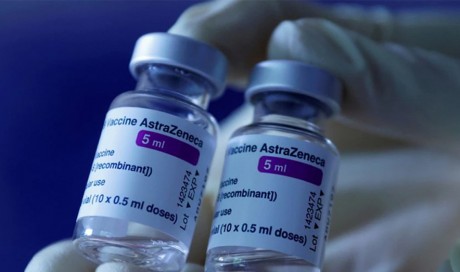Older adults with higher levels of a thyroid hormone may be at an increased risk of artery disease and consequent death, according to new research. Free thyroxine (known as FT4) is a hormone produced by the thyroid gland that helps control the rate at which the body uses energy. Previous research linked the hormone to risk of irregular heartbeats.
The findings showed that elderly with high levels of FT4 hormone may be at twice the risk of having high levels of coronary artery calcification scores, which may be an indicator of atherosclerosis — the process of progressive thickening and hardening of the walls of arteries from fat deposits on their inner lining.
“We expected that thyroid function would influence the risk of developing atherosclerosis by affecting cardiovascular risk factors such as blood pressure. However, our results remained very similar after accounting for several cardiovascular risk factors,” said lead author Arjola Bano, from Erasmus University in the Netherlands. “This suggests that mechanisms other than traditional cardiovascular risk factors may play a role,” Bano added.
Further, increasing FT4 levels were associated with 87% greater risk of suffering an atherosclerosis-related cardiovascular event as well as double the risk of atherosclerosis-related cardiovascular death. “Our findings suggest that thyroid hormone FT4 measurement can help identify individuals at increased risk of atherosclerosis,” Bano said.
For the study, detailed in the journal Circulation Research, the team analysed data from 9,420 participants with an average age of 65. They looked at data on two types of hormones: thyroid-stimulating hormone and free thyroxine (known as FT4) and their link to atherosclerosis and death due to coronary heart disease, cerebrovascular disease or other artery-related illness.
Share This Post












